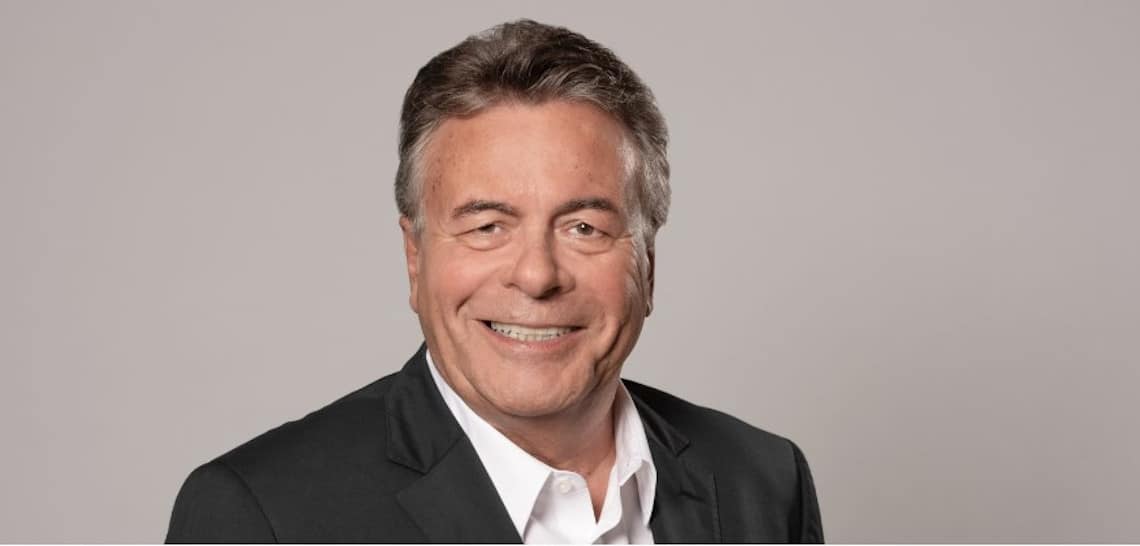
Founded in 2007, InCore Bank is a one-stop business-to-business transaction bank that provides transaction and outsourcing services to banks, securities dealers, asset managers and fintech companies. Rudy Suter explains exactly what this means.
As a Swiss company with a banking and securities dealer license, InCore Bank offers a comprehensive and modular range of services. This includes transaction banking for traditional and digital assets, business process outsourcing (middle and back office activities), outsourcing of banking IT solutions, compliance and other services.
CVJ: What does the InCore Bank actually do?
Rudy Suter: Founded in 2007, InCore Bank is a one-stop business-to-business transaction bank that provides first-class transaction banking and outsourcing services to banks, securities dealers, asset managers and Fintech companies.As a Swiss company with a banking and securities dealer license, InCore Bank offers a comprehensive and modular range of services. This includes transaction banking for traditional and digital assets, business process outsourcing (BPO; middle and back office activities) as well as outsourcing of banking IT solutions, compliance and other services.
This offering enables financial institutions to reduce complexity and focus on their core business.
CVJ: InCore Bank has now announced that it will expand its service offering to include digital assets. What is behind this?
Rudy Suter: Our aim has always been to break up the value chain and offer services such as transaction banking, for example the execution of customer orders in the global brokerage business, as a stand-alone offering.
Just under a year ago, the Board of Directors approved a new strategy that transfers our traditional asset management activities to digital assets.
The new strategy rests on three main pillars: crypto-currencies, tokenisation and blockchain applications.
CVJ: What can you tell us about these three pillars?
Rudy Suter: Well, the first pillar, crypto-currencies, essentially offers our B2B customers trading in crypto-currencies, the safekeeping of these assets and the related book-entry and book-exit transactions. InCore Bank offers this in a fully integrated solution, with booking up to the core banking system and asset statements. This first phase is complete, meaning we are operational, the set-up is complete and we are now starting formal business operations in this area.
The second pillar is asset tokenization. Of course, we can also convert traditional assets such as stocks and bonds into tokens, but strategically we will focus on converting non-bankable assets into tokens.
And finally, the automation of processes on the block chain, which basically never stops and is designed to increase the efficiency of our operations.
CVJ:What assets will be converted into tokens?
Rudy Suter: As I said before, we can convert stocks and bonds into tokens, but that’s not what we’re focusing on. The traditional market is already quite efficient.
Instead, InCore Bank focuses on non-bankable assets and converts them into bankable assets. In this way, through our client banks, we open up these once inaccessible assets to a wider range of investors.
CVJ: Can you give examples of this?
Rudy Suter: If a large real estate developer wanted to monetize a multi-family home or business complex, he could now do so in tokenized form. On the buyer’s side, this would then not be a single buyer or a small consortium as is usually the case, but a broad group of investors. The composition of this group of investors can then change over time, for example if these tokens can be traded on a stock exchange.
Other use cases could be banks that convert mortgages or other loans into tokens to remove them from their balance sheets. Or art collectors who want to resell parts of their treasures.
CVJ: So where do they focus their efforts now?
Rudy Suter: We traditionally serve private banks. So we are concerned that these private banks can continue to increase their value, both by growing their assets under management and by generating new revenue streams.
So, for example, if the private banks can add non-bankable assets to their assets under management and create real value for their own clients, that is a huge plus for them and strengthens their relationship with us.
*Originally published in German at CVJ.ch

